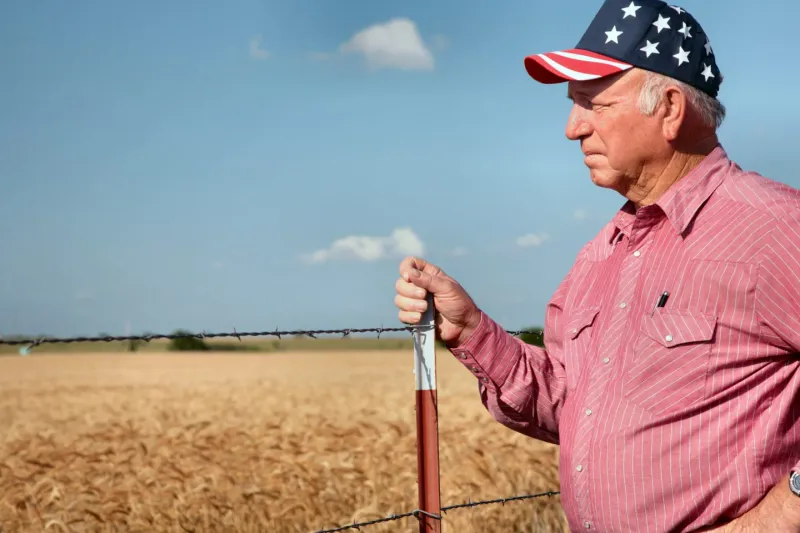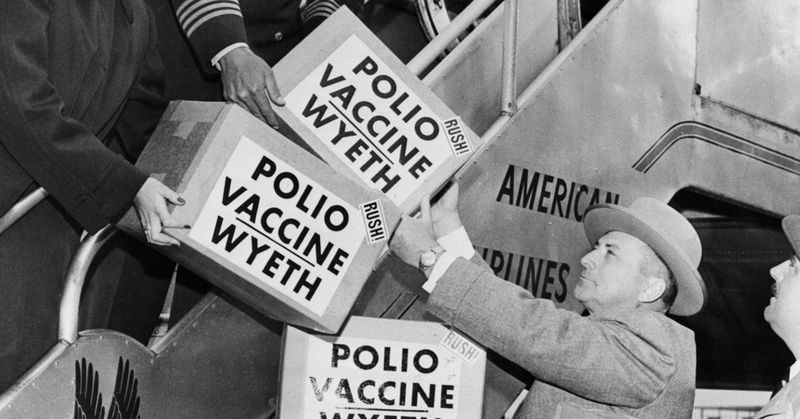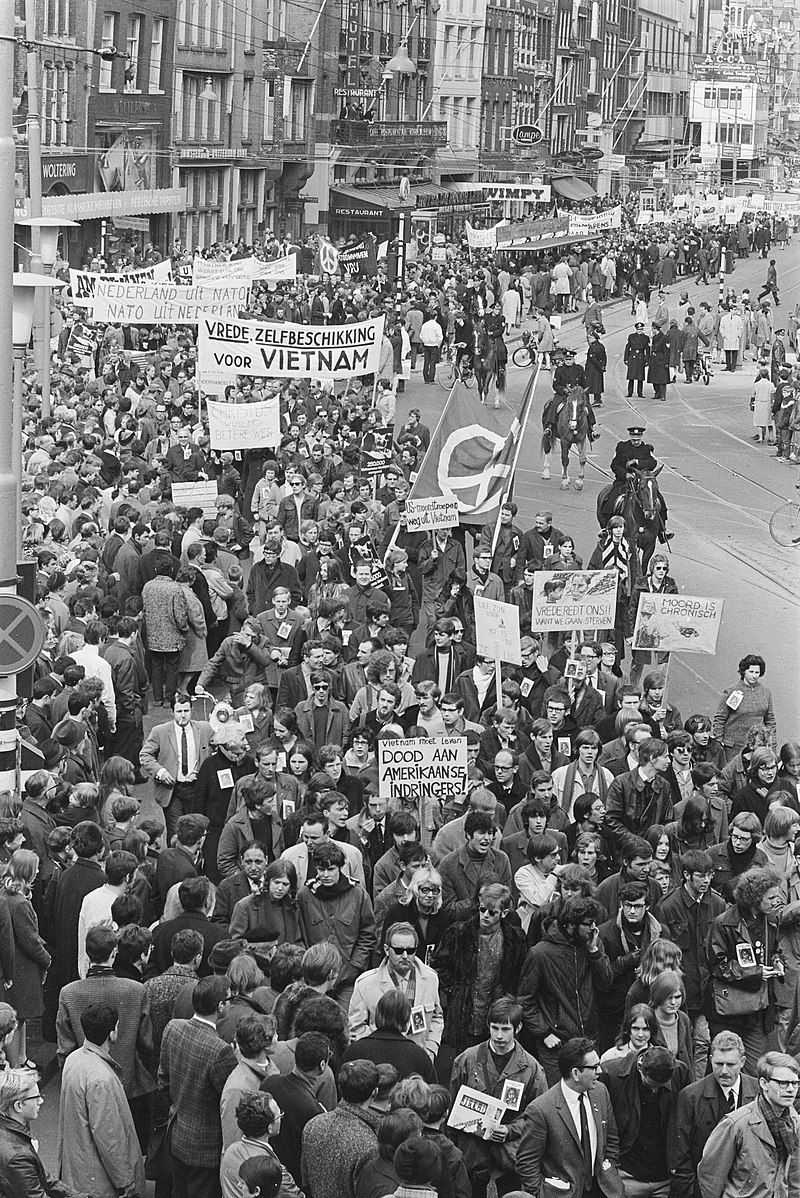Every generation faces its unique set of challenges, but baby boomers endured hardships that seem almost unimaginable to today’s millennials. From technological limitations to societal expectations, the world boomers grew up in was vastly different. In this blog post, we’ll explore the 15 hardships that defined the boomer experience, providing a window into a world that has largely faded away.
Limited Technology
Back in the day, technology didn’t mean having a supercomputer in your pocket. Boomers grew up with rotary phones, where dialing a number required patience. No speed dial or contacts list here! Every call was an event, often involving a long cord tying one to a spot.
Imagine waiting your turn to call when you shared a single household phone. Communication was a deliberate affair. Today’s millennials, with their instant messaging and video calls, might find it hard to imagine such a world where slow, analog connections were the norm.
Lack of Air Conditioning
Air conditioning was a luxury not many households could afford. During sweltering summers, boomers relied on fans, open windows, and a lot of patience. Sleeping at night often meant tossing and turning, hoping for a breeze.
Summer days were spent outside, seeking shade under a tree, or at local swimming holes. Millennials, accustomed to climate-controlled environments, might struggle to imagine enduring such hot days without relief at the flip of a switch.
Manual Labor
For many boomers, manual labor was not just an after-school job, but a way of life. Working in factories, farms, or construction sites was common. These jobs were physically demanding and often dangerous, lacking the safety measures seen today.
Such experiences instilled a strong work ethic, though at the cost of physical strain. Millennials, who often pursue careers in technology and services, may find it tough to comprehend the daily grind of manual labor their predecessors endured.
Outdoor Play
With no video games or smartphones, outdoor play was the main source of entertainment for boomer children. Hopscotch, tag, and hide-and-seek dominated afternoons. Imagination was the main tool, turning backyards into castles and forests into far-off lands.
Parents would simply call kids home when the streetlights came on. Millennials, who grew up with indoor entertainment, might find it challenging to imagine a childhood spent entirely outside, free from digital distractions.
Strict Dress Codes
When it came to clothing, the boomer generation adhered to strict dress codes. Whether in school or at work, dressing formally was the norm. Boys wore ties, and girls donned dresses or skirts, often with specific lengths.
Such standards emphasized professionalism and conformity. Millennials, who value individual expression and casual wear, might find it hard to envision a world where clothing choices were so restricted and scrutinized.
Canned and Processed Foods
In an era before the organic food movement, convenience was king. Boomers grew up on canned and processed foods, considered modern and efficient. Fresh produce was not always available year-round, and food preservation was crucial.
These meals were often high in sodium and preservatives. Today, millennials with their focus on health and wellness might be surprised at the dietary norms of the past, where convenience often trumped nutrition.
Limited Education Access
Access to higher education was not as widespread as it is today. Many boomers faced financial and social barriers that made college unattainable. The emphasis was on starting work early and contributing to the household income.
This limited access shaped aspirations and career paths. Millennials, who benefit from various educational opportunities and financial aid, may find it hard to comprehend the obstacles boomers faced in pursuing academic advancement.
Single-income Families
During the boomer era, the single-income family was the norm. One breadwinner supported the entire household, often putting financial strain on families. Mothers typically stayed at home, managing the household and raising children.
This setup limited family income and opportunities for women. Millennials, accustomed to dual-income families and shared responsibilities, might struggle to imagine the societal expectations and pressures of a single-income household.
Limited Travel Opportunities
Travel was not as accessible or affordable as it is today. Boomers often took family road trips or traveled by train, as air travel was a luxury. Vacation destinations were usually close to home, limiting exposure to different cultures.
Such limitations meant fewer adventures and experiences abroad. Millennials, with budget airlines and travel apps, may find it challenging to envision the restricted travel options their boomer parents faced.
Letters as Primary Communication
Before emails and texting, letters were the primary mode of communication. Boomers poured their thoughts onto paper, often waiting days or weeks for a reply. Writing letters required thoughtfulness and patience, as each word mattered.
In today’s fast-paced digital world, millennials might find it hard to imagine the anticipation and intent that came with sending and receiving letters, where every correspondence was an event.
Polio Epidemic
Before the polio vaccine, the epidemic was a significant health crisis. Boomers remember the fear and uncertainty it brought, as children were the most vulnerable. Schools and public places were often closed to prevent the spread.
The relief that vaccines provided was monumental. Millennials, who grew up with widespread vaccination programs, might find it challenging to comprehend the anxiety and impact of living through such a health crisis without modern medical advancements.
Civil Rights Movement
Boomers witnessed and often participated in the civil rights movement, a pivotal time in history advocating for equality and justice. Protests, marches, and social upheavals were common as society fought for change.
These events shaped the nation’s conscience and future. Millennials, who may take civil liberties for granted, might find it hard to comprehend the struggles and sacrifices made to achieve the rights enjoyed today.












